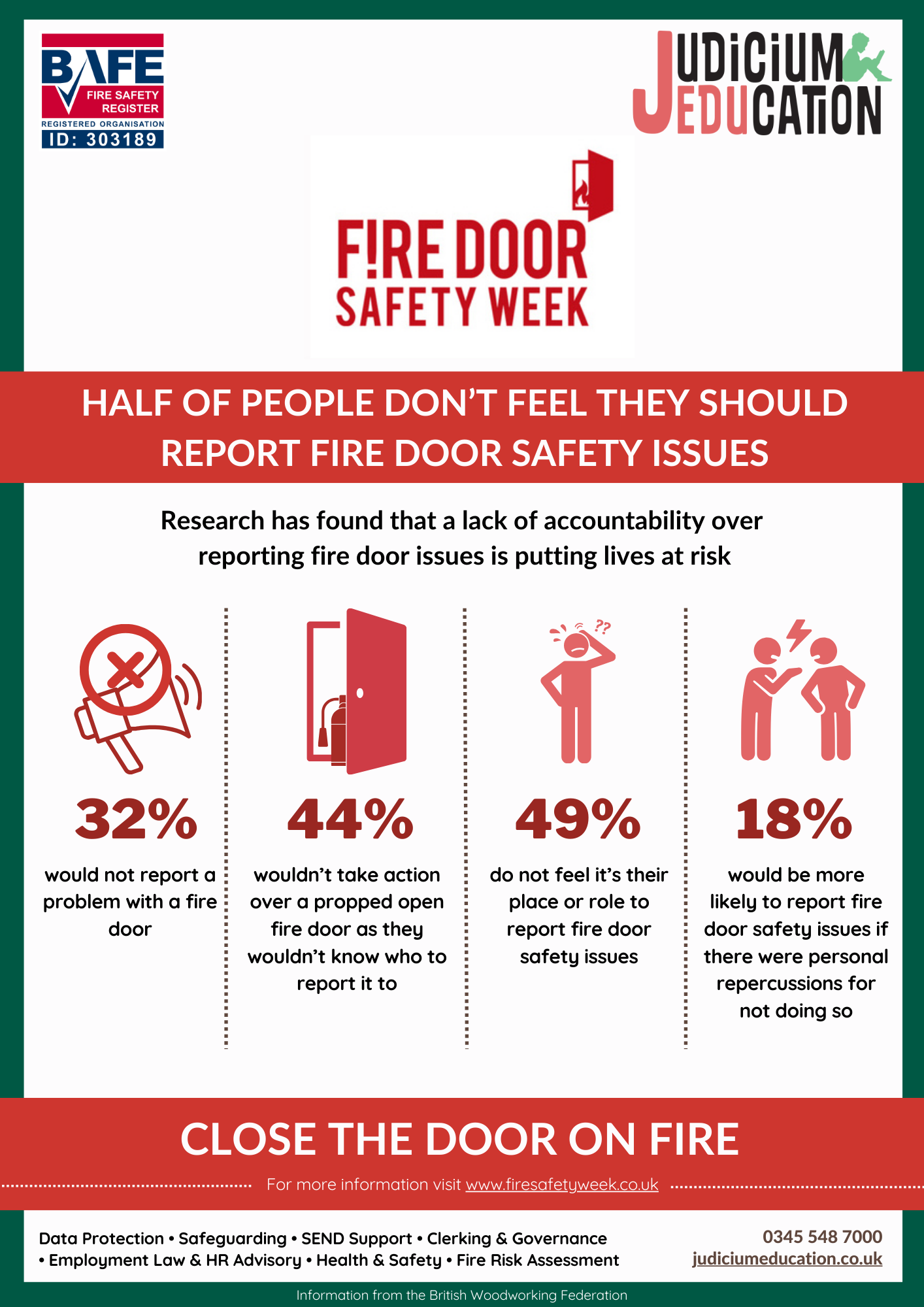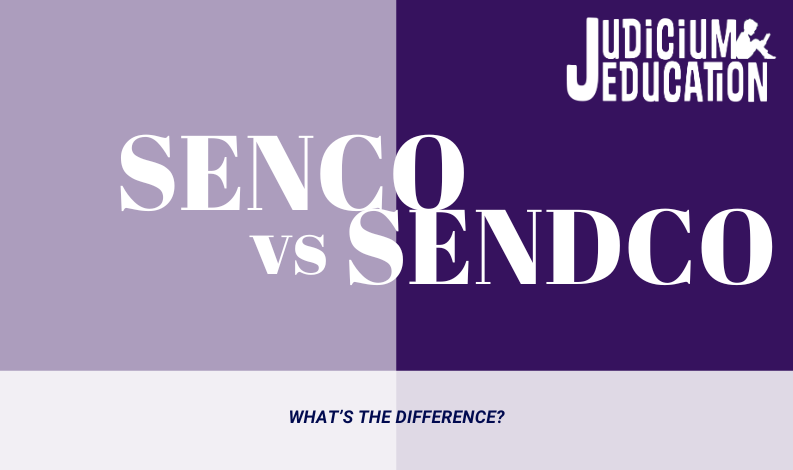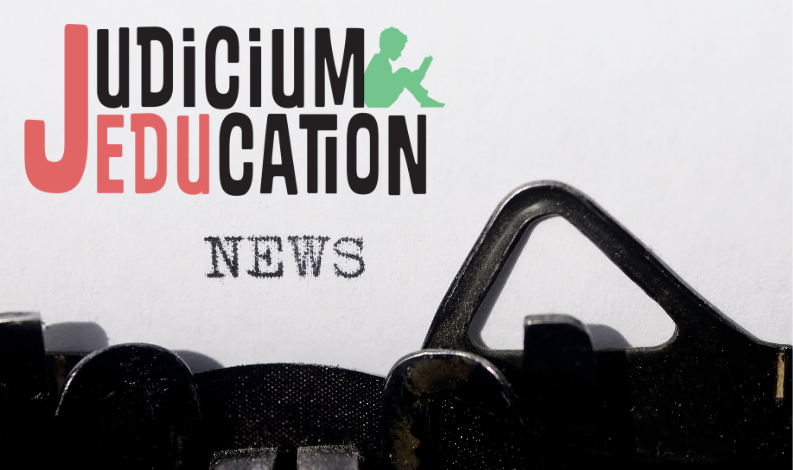From Negotiation to Collaboration: How HR Can Manage Trade Union Relationships More Effectively
_1000.png)
In this blog, we’ll explore key takeaways from the conversation, what lessons can be learned, strategies for conflict resolution, the role of recognition agreements, and how education HR can sustain productive relationships with trade unions.
Managing trade union relationships has always been one of the most complex aspects of HR and organisational leadership. For some, the word union still sparks visions of confrontation and industrial disputes. But as this Sofa Session discussion on “From Negotiation to Collaboration: Managing Trade Union Relationships” revealed, there is a powerful opportunity for HR to move from reactive firefighting to strategic, collaborative engagement.
Poll 1

The Evolution of HR in Unionised Environments
Early encounters with trade unions can feel daunting to some HR leaders in schools and trusts. One story shared during the session highlighted how an initially adversarial negotiation turned into a collaborative process once both sides recognised their shared commitment to staff wellbeing and the rationale and approach of the union was understood by the school.
This reflects that the role of HR in unionised environments needs to shift from policing conflict to facilitating discussion through understanding the approach unions are taking and why, so that strategies can be applied to achieve successful outcomes. Unions are not disappearing, and in fact, union activity in education, healthcare, and the public sector has grown in recent years. HR in schools and multi academy trusts now requires balancing compliance with labour law, organisational goals, and employee voice.
The key lesson here is that Unions should not just be seen as adversarial opponents to avoid getting into conflict with, they can be persuaded into not opposing your efforts in building fair and sustainable workplaces if you can understand their triggers and adopt proactive strategies to achieve successful outcomes.
Moving Beyond Reactive Tactics
The presence of a union representative can often trigger a defensive HR reaction. Leaders rush to the table with legal advice, policies, and a self-protective mentality. This combative stance quickly raises tensions and undermines trust.
Instead, HR can take a strategic, pre-emptive approach:
- Engage early
Don’t wait for disputes to surface - establish open channels with union reps and check in regularly. - Understand priorities
Ask what matters most to the union membership before conflict arises. - Frame negotiations around shared goals
Such as staff wellbeing, retention, or workload balance.
Reframing your approach shifts the relationship from reactive problem-solving to proactive collaboration.
Practical Strategies for De-escalating Conflict
Even with preparation, disputes do happen. The session highlighted several go-to strategies for de-escalation:
- Use breaks strategically
Pausing a heated meeting can reset emotions and give space for reflection - Break the flow
If dialogue spirals into confrontation, change the pace or shift to a different question - Don’t rush answers
It’s okay for HR to say, “We’ll reflect and come back.” Buying time often reduces pressure
Conflict resolution is not about “winning” the argument, it’s about restoring constructive dialogue, even if compromise takes time.
The Role of Mediation and Alternative Dispute Resolution
Internal negotiation is always the first step, however, sometimes bringing in a third party e.g. through mediation, arbitration, or other forms of alternative dispute resolution can help with progress.
Mediation can be particularly effective when:
- Emotions are running high, and neutrality is needed
- Parties feel stuck and need a reframing of the problem
- Long-term relationships are at risk, and rebuilding trust is as important as resolving the issue
The decision isn’t around whether HR can solve everything internally, but more so if doing this will protect the relationship in the long run.
Poll 2

Fairness, Equity, and Pragmatism
A common HR pitfall is the temptation to “split the difference.” While compromise can seem fair, it often satisfies no one and sets poor precedent.
One example shared in the session showed how splitting a pay adjustment between two proposed figures backfired — employees saw it as arbitrary, and unions felt undervalued. The better alternative was to return to principles: what’s sustainable, what’s equitable, and what’s aligned with organisational values.
The lesson? Don’t just bargain numbers. Bargain principles.
Recognition Agreements - What HR Needs to Know
Recognition agreements are the foundation of formal union relations. Key considerations include:
- What recognition means - It’s about acknowledging the union’s right to represent members in specific matters, such as pay, conditions, or policies.
- Written agreements – Whilst not always legally required, they provide clarity and prevent misunderstandings.
- Bargaining units – HR must be clear on who is represented and what issues fall within the agreement.
For multi-academy trusts or organisations managing TUPE transfers, questions like changing pay dates can quickly escalate into disputes. Here, clarity in recognition agreements is essential.
Culture Matters More Than Contracts
Recognition agreements are important, however they don’t guarantee positive relationships. A lot of this depends on cultural and behavioural norms. Some questions to ask yourself include:
- Do leaders treat union reps with respect?
- Is there transparency around decision-making?
- Are difficult conversations handled with empathy?
As one speaker put it:
“The paperwork sets the rules, but the culture determines the relationship.”
Sustaining Relationships Beyond Disputes
One of the biggest challenges is avoiding a “transactional” union relationship that only surfaces during disputes. HR can sustain goodwill by:
- Scheduling regular, agenda-free check-ins.
- Involving unions in early discussions about change, not just after decisions are made.
- Celebrating shared wins — for example, improved staff wellbeing policies or workload initiatives.
Proactive relationship-building prevents conflict from being the only defining feature of union interactions.
Managing Power and Public Perception
Power dynamics are unavoidable. In many schools and public organisations, unions hold significant leverage through the threat of industrial action. The challenge for HR is to manage this asymmetry without appearing weak.
Three approaches stand out:
- Acknowledge, don’t deny. Recognise the union’s influence openly rather than pretending it doesn’t exist.
- Stay anchored in values. Consistency and fairness help build credibility, even under pressure.
- Manage public perception. Clear, transparent communication with staff and stakeholders prevents misinformation from fuelling tension.
Red Flags and Practical Actions
For HR staff in schools, certain early warning signs signal potential breakdowns in union relations:
- A sudden increase in union requests or grievances
- Informal conversations drying up
- Union reps bypassing HR and going directly to senior leaders
Practical, high-impact actions over the next 3–6 months could include:
- Holding an informal roundtable with union reps
- Co-developing a small but meaningful policy (e.g. wellbeing or flexible working)
- Running a joint communication to staff that highlights collaboration
Looking Ahead - A More Constructive Future
The session closed with a focus on the future, especially the impact of the Employment Rights Bill. For many education HR teams, the Bill signals a landscape where industrial action becomes easier to call and harder to manage.
As one speaker observed, “in schools and trusts, unions feel they have leverage, so there is always the threat of industrial action.” The Bill will likely strengthen that position by:
- Expanding protections for union members, making dismissal or detriment for strike activity even riskier
- Allowing shorter notice periods for disputes, reducing HR’s preparation time
- Introducing electronic balloting, speeding up strike mandates
These changes mean disputes could escalate faster and more often. HR leaders will need to prepare not only legally, but culturally building trust, engaging unions early, and sustaining open dialogue.
Managing trade union relationships will always be complex. But with the right mix of strategy, cultural awareness, and proactive engagement, schools and trust HR can adjust negotiations into collaborations. The real opportunity lies in shifting from reactive, crisis-driven interactions to a model built on trust, fairness, and shared goals. When HR leads with this mindset, unions stop being just a challenge to manage, they become partners in building resilient, thriving workplaces.
During the session, there was also discussions on Trade Union Recognition Agreements (TURA) and the Information & Consultation of Employees (ICE) regulations.
Navigating both frameworks, and the complexities of bargaining can feel overwhelming for schools and trusts already stretched by operational demands. Our specialist HR and employment law teams can help by:
- Drafting and reviewing recognition agreements
- Advising on compliance with consultation duties
- Providing hands-on support during disputes or industrial action
Judicium Education offers both legal expertise and practical guidance. Our focus is not only on minimising risk, but also on helping leaders build constructive, sustainable long-term relationships with unions, so issues are generally resolved before they escalate into a dispute.
We also offer bespoke HR and employment Law options and eLearning packages.
If you require any support in any of these steps or would like to talk to someone surrounding some support for your school, please do not hesitate to call us on 0345 548 7000 or email georgina.decosta@judicium.com.
Follow us on Twitter: @DPOforSchools and @JudiciumEDU
© This content is the exclusive property of Judicium Education. The works are intended to provide an overview of the sofa session you attend and/or to be a learning aid to assist you and your school. However, any redistribution or reproduction of part or all of the contents in any form is prohibited. You may not, except with our express written permission, distribute or exploit the content. Failure to follow this guidance may result in Judicium either preventing you with access to our sessions and/or follow up content.
Related content
.png)
In this blog, we'll explore five key starting points of a successful people strategy within the education sector and discuss how this can help schools achieve their goals.

Whats New | Sofa Sessions | HR
This blog is based on Judicium’s Employment Law ‘Sofa Session’ from 4th June, led by resident expert Paul Luffman, LLB (Hons), L.P.C. The session explored the current challenges in the UK labour market—from skills shortages to recruitment gaps—and how the education sector can play a key role in addressing them. It also examined the shift towards skills-based hiring and what that means for recruitment practices in schools.
).png)
Supervision is dedicated time for professionals to reflect openly on the challenges of the cases they manage. This blog explores the common misconceptions, myths and the all important benefits to Safeguarding Supervision. Don't miss our Safeguarding Sofa Session on Supervision: Your DSLs safe space on 25th June at 10am OR 11:30am.

To celebrate Fire Safety Door Week we are offering a free download of our Fire Safety Door Checklist.

Have you ever wondered why some people refer to a SENCO rather than a SENDCO? Here's the answer!

School leaders and designated safeguarding leads see several key safeguarding areas as relatively ineffective and highly challenging according to a new survey from UK school support business Judicium Education.

Whats New | HR